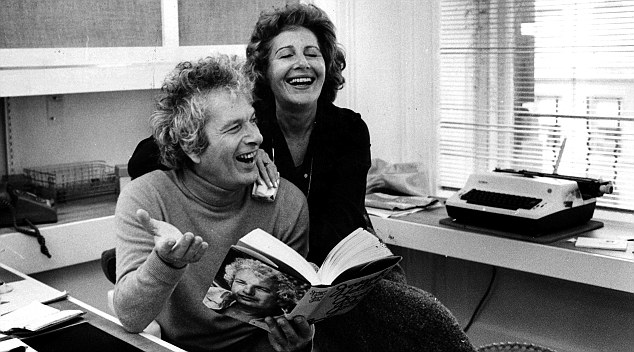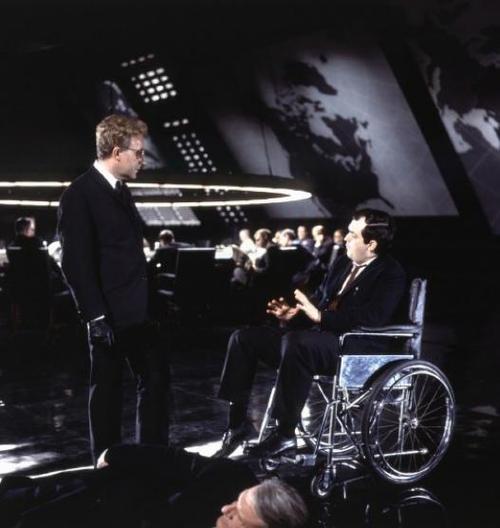I’ve been on the receiving end of puzzling looks more than once for saying Catch-22 isn’t the best novel Joseph Heller wrote. That work is a classic American novel in the sense that it overflows and sprawls, attempting almost too much–it’s brilliant and flawed. On the other hand, Something Happened, Heller’s devastating, little-read 1974 book is a precise masterpiece without a wasted word. I haven’t re-read either since my college years, so perhaps my feelings would be reversed now, but both deserve at least equal attention, which is certainly not how it’s worked out.
In an essay at the Los Angeles Review of Books, Carmen Petaccio agrees with me, encouraging readers to discover Heller’s forgotten novel. The opening:
THE MOST CRIMINALLY OVERLOOKED great novel of the past half century is a book called Something Happened, which this year celebrates the 40th anniversary of its publication. Joseph Heller spent more than a decade writing the novel and was so convinced of its genius that he stashed manuscripts all over Manhattan, ensuring that Something Happened would survive in the event his apartment burned down. When he finally brought the completed draft to his agent, he forced his daughter to accompany him on the trip — so she could deliver the pages in case he suffered a coronary or got hit by a bus. In 1974, 13 years after Catch-22 began its gradual ascent into the rarefied realm of idiom, Something Happened was released to a collective cultural shrug, delivering the book its first firm nudge down the slippery slope that bottoms at obscurity. Today, the novel is perhaps best remembered for Kurt Vonnegut’s artfully impartial appraisal in The New York Times Book Review, which described it as “one of the unhappiest books ever written.” Vonnegut wasn’t entirely wrong.
Something Happened is, by design, a punishingly bleak novel. It’s dense and overlong, sometimes sadistically so, and it offers a minimum in the way of resolution or plot. If the novel’s worldview were a color, the human eye would likely fail to perceive its darkness. What is surprising, though, is how by virtue of that same bleakness, Something Happened becomes one of the most pleasurable, engrossing, and in retrospect moving American novels ever written. If you’ve read Something Happened, and you get why others haven’t, then you make it your little mission to convince people that they should.•


